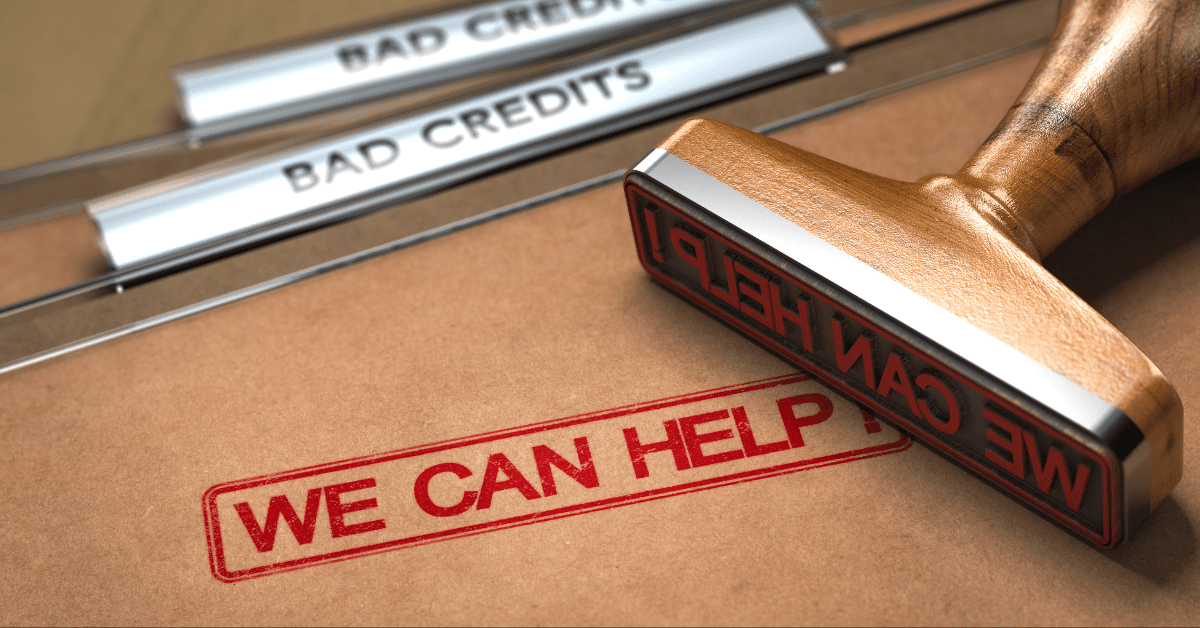Introduction
Are you feeling overwhelmed by debt? You’re not alone. In this article, we’ll navigate through various debt solutions that can bring you relief and clarity. As a licensed insolvency trustee, I’ve seen firsthand how the right strategy can transform financial despair into a journey towards stability. Let’s dive into practical solutions and legal insights that will empower you to regain control of your finances.
Understanding Your Debt – Personal and Business Perspectives
Personal Debt: Tackling personal debt begins with understanding its nature. Whether it’s credit card debt, personal loans, or unpaid bills, recognizing what you owe is the first step.
Business Debt: Business debts, on the other hand, can stem from operational costs, unremitted taxes, business loans, or credit lines. It’s crucial to separate these from personal debts for targeted solutions.
Legal Aspects of Debt in Canada
The Bankruptcy and Insolvency Act is a federal law providing legal avenues for debt relief. Understanding its provisions can be crucial in making informed decisions. Additionally, wage garnishment laws and creditor rights, as outlined in the Collection and Debt Settlement Services Act, play a significant role in how debts are collected. Knowledge of these laws puts power back in your hands.
Debt Relief Solutions
- Debt Consolidation: This process involves combining multiple debts into a single loan, often with a lower interest rate. It simplifies repayments and can reduce the total interest paid.
- Credit Counseling Services: These services offer guidance on budget management and debt repayment strategies. They can also negotiate with creditors on your behalf.
- Consumer Proposals: An alternative to bankruptcy, a consumer proposal allows you to pay back a portion of your debt over a period of time.
- Bankruptcy: As a last resort, bankruptcy can provide a fresh start by eliminating most, if not all, debts. However, it’s important to understand the implications and process involved.
Dealing with Creditors and Collection Agencies
Protecting your rights is key when dealing with creditors and collection agencies. Familiarize yourself with the Collection and Debt Settlement Services Act to understand what practices are legal and how to respond to aggressive collection tactics.
Preventive Measures and Financial Literacy
Prevention is always better than cure. Gaining financial literacy can prevent debt accumulation. Simple habits like budgeting and mindful spending can keep your finances on track. Numerous resources are available to enhance your financial knowledge and skills.
Finding Professional Help
Seeking help from a licensed insolvency trustee can provide personalized solutions and support. We can guide you through the intricacies of debt relief options and legal proceedings, while providing advice on asset management. Don’t go into this alone, we want to help and we’ll help provide you with the best solution available.
Conclusion
Remember, struggling with debt is not the end of your financial story. With the right approach and guidance, you can overcome these challenges. Stay empowered and take the first step towards a more stable financial future.
Call to Action
Want more insights on managing your finances? Click here and get help with personal and/or business debt!

